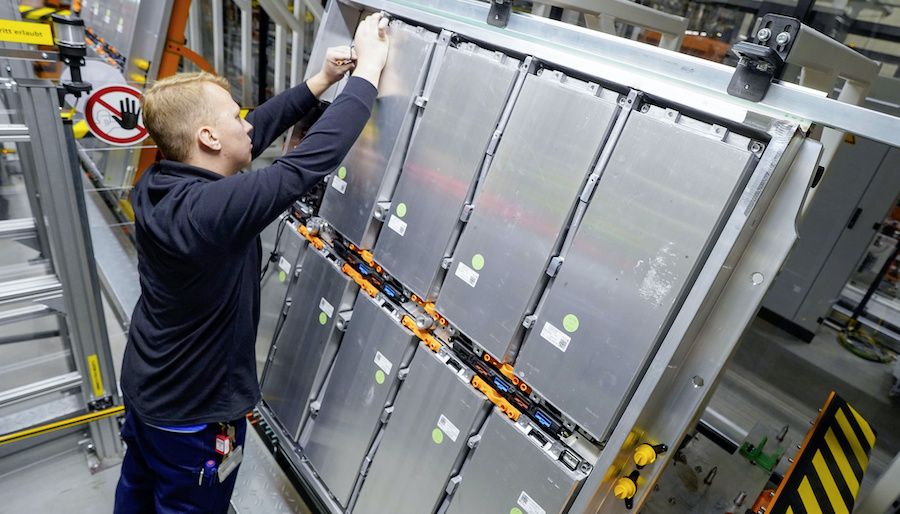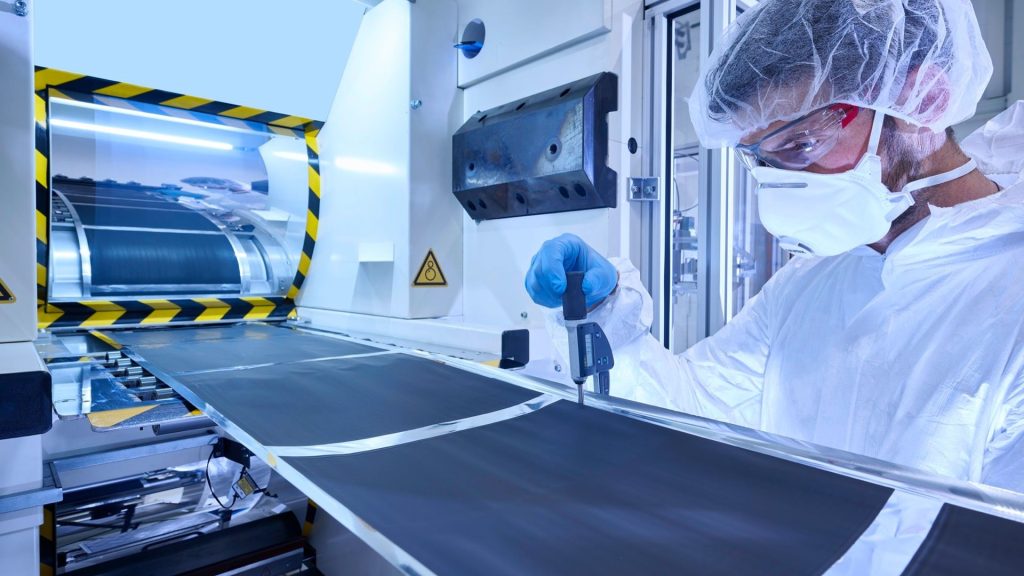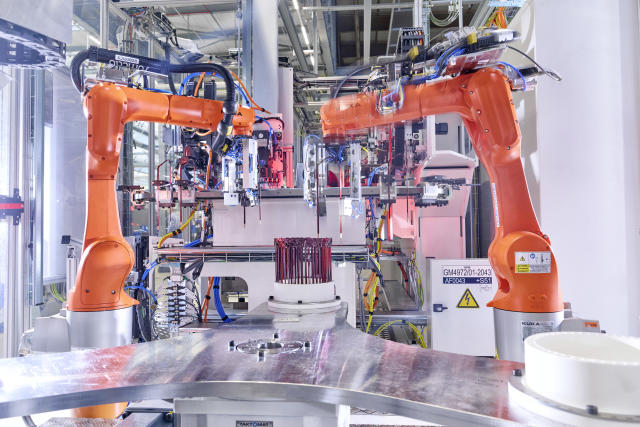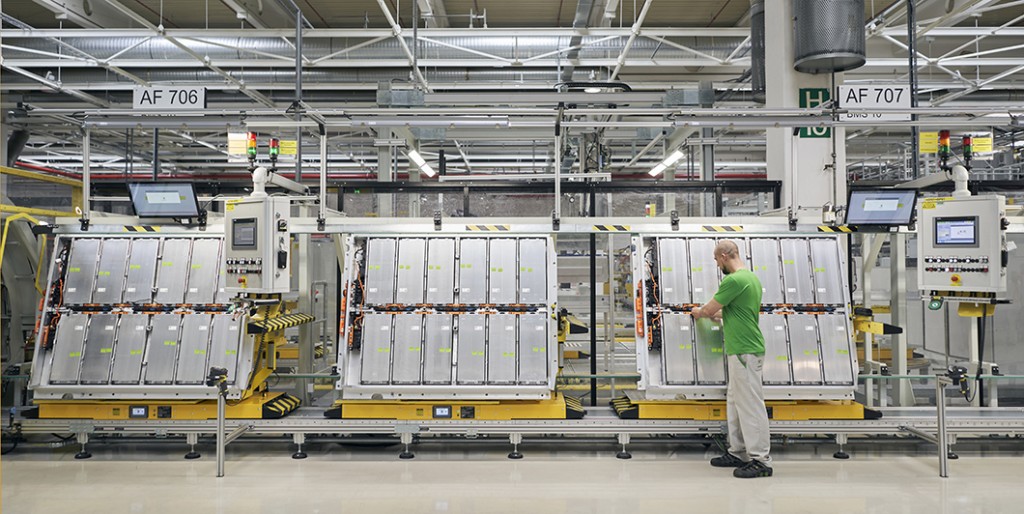
World to SSB: “You haven’t aged a bit!”
Solid-state batteries are just that — solid! Just ask Volkswagen, which has developed a battery in collaboration with QuantumScape that has passed its first endurance test, showing no signs of degradation over 300,000 miles.

These batteries not only deliver far greater range and shorter charging time, but they result in improved overall safety for electric vehicles. The preliminary test is complete, and we are thrilled with the results!
“These are very encouraging test results and a milestone on the way to series production of the solid-state cell,” CEO Frank Blame of PowerCo., the battery company of the Volkswagen Group, said. “The final result of this development could be a battery cell that enables long ranges, can be charged super quickly and practically does not age.”
“We are convinced of the solid-state cell and are continuing to work at full speed with our partner QuantumScape toward series production,” he added.
Considered a technology of the future and the next big step in battery development, the solid-state cell promises longer ranges, shorter charging times and maximum safety.

While hurdles may remain in terms getting the technology and its readiness for the rough requirements of automotive use, though, VW is undoubtedly making big strides, overcoming the challenge of durability following this latest testing.
In fact, through its Salzgitter, Germany’s, battery company PowerCo., VW has completed well over 1,000 charging cycles of the QuantumScape battery cell, which corresponds to a total of more than 31,000 miles for a typical EV or even much more than the average life of a vehicle, regardless of its powertrain type.
So solid is this battery that VW assures that the cell not only met the necessary requirements for fast-charging capability, discharging, safety and more, but it barely aged and still retained nearly all of its capacity (95 percent to be exact) at the end of the testing. This is also far above the typical industry requirement of 80 percent.
In moving forward to production, the development of the manufacturing process for churning out the cell at scale must take place. This represents one more challenge for the development of these solid-state batteries. Consisting of 24 layers and thus already corresponding to the planned series cell, the tested solid-state cell is truly capable of exceptional performance. And only time will tell!

In preparing this for the future, VW also promises that this battery will include 30 percent more range than current lithium-ion batteries as well as the ability to charge to 80 percent capacity in just 12 minutes.
Although Toyota has also made strides in this area as has Honda in attempting to make a viable SSB, VW is clearly the front runner, especially in moving a solid-state EV battery out of the
designing laboratory. This is a huge first step and a promising one, especially for those who desire SSBs place on the road.
In achieving this feat, VW was wise in its collaboration with QuantumScape, a rock solid-state battery developer based in San Jose, Calif. and founded in 2010. Dubbed an “industry leader” due to its ability prior to this collaboration of producing a road-worthy solid-state battery. The entity entered into a partnership with the Volkswagen Group in 2012, thus corporately and financially intertwined with VW nearly since its founding. Like many other attempts in this area, a collaboration seems to be the path, with no one choosing to go it alone when it comes to dabbling in SSBs.

While a driving range of the solid-state battery has not yet been announced, VW and QuantumScape have claimed the draining and recharging the battery 1,000 times simulated driving for 500,000 kilometers. Estimates or best guesses are that the battery will provide a driving range of around 500 kilometers per charge, meaning it will last long enough before it needs replacement. In fact, most cars meet their final resting place long before they reach 500,000 kilometers, or 310,000 miles. This battery may just be a lifer!
Even with much more to be determined, one thing is fairly certain — solid state batteries may just solve all of the problems with EVs. That is because they weigh less than lithium-ion batteries with the same storage capacity and last far longer. More so, they are even less prone to fires than lithium-ion batteries. They have the ability to fast charge, do not wear down as badly as the lithium-ion batteries and also perform well in severely cold weather conditions.
Even with all these pluses, it is important to recognize that solid-state batteries are a fairly old technology. And, only until recently, they had solely been used in very small things like hearing aids and wearables. Attempts to put them in anything large have not been success, thus the ability to work in high-power devices is something that is very uncharted territory.
But the news remains promising for a battery that has shown zero signs of degradation over 300,000 miles. SSB — “You haven’t aged a bit!”



